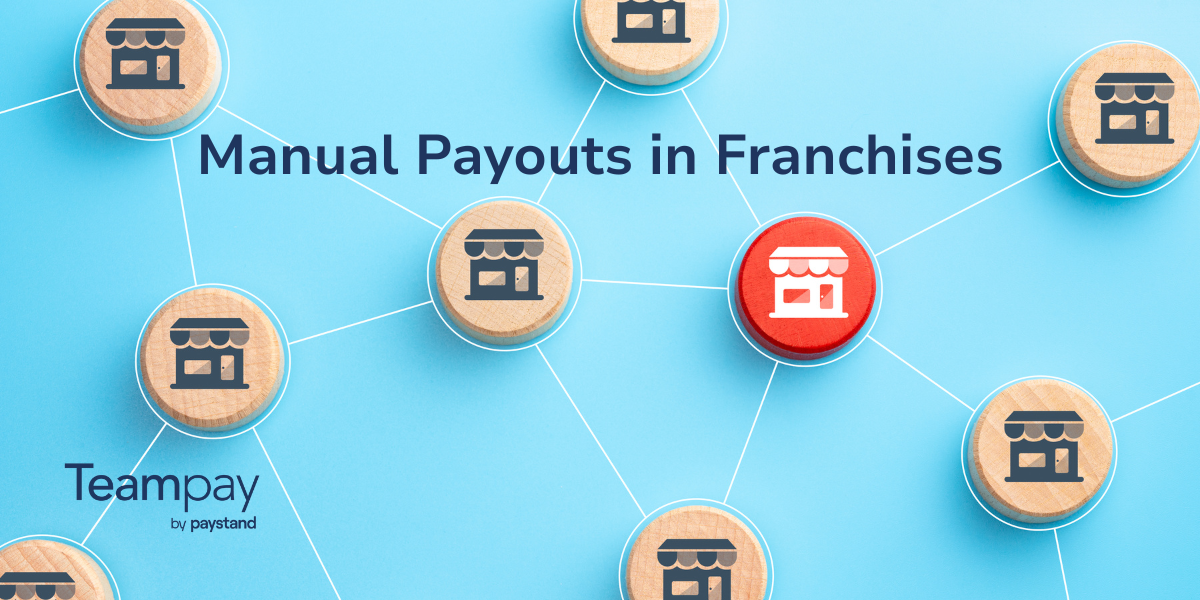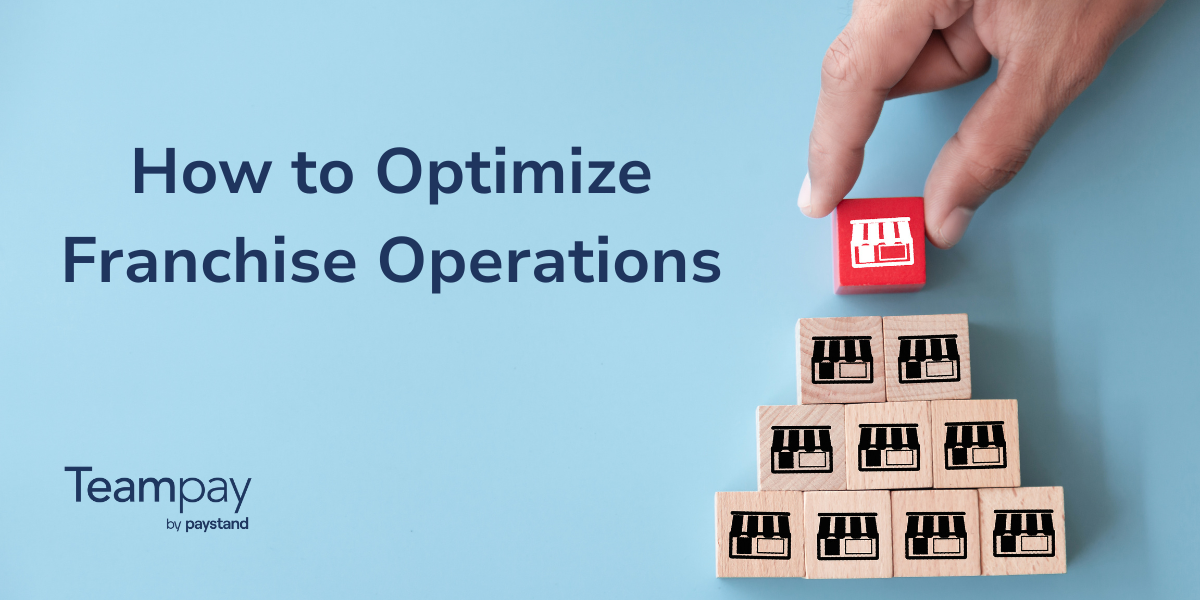The way modern businesses spend money has fundamentally changed. Companies are buying more than ever before, and they’re doing it from the bottom up. Instead of leaving purchasing to a few top executives, all employees now have purchasing power.
Yet, a majority of companies still rely on decades-old accounting processes that weren’t built for this new era of finance and can’t keep up with the current speed of business.
As a result, expense reports slow employees down, finance teams focus their energy on best-guess accounting instead of strategic forecasting, and businesses lose precious time and money.
Building finance processes that work for everyone
It’s time for a fresh approach. What if you could accelerate company growth by empowering employees to buy what they need, the moment they need it—without creating extra manual work for the finance team?
You can; the answer is Human-Centered Finance. Teampay took the stage at Sage Transform 2022 to address these modern spend challenges head on by demonstrating the power of a human-centered purchasing process.
“2 out of 3 finance pros say employees are more likely to violate policies than to follow them. We chalk that up to lack of awareness, not malintent. We feel that there’s an opportunity for a new system, and in that new system user experience is incredibly important.” — Andrew Hoag, CEO, Teampay
By adopting a human-centered mindset, we’re looking at weaknesses in the purchasing process rather than the people using it, and working together to build something that meets the needs of everyone in the organization.

Here’s how three Teampay customers set themselves up for long-term success by putting their people at the forefront of their finance processes:
HUMAN transformed its finance department into spend superheroes
HUMAN’S mission is to stop bots from carrying out cyberattacks—to keep the internet human by safeguarding websites from fraud.
For HUMAN, viewing employees as humans is, well, in the name. With a strong emphasis on the professional and personal development of its people, HUMAN prides itself on creating the best experience possible for its employees. To ensure that their buying experience was no exception, HUMAN turned to Teampay.
“We don’t think of each other as team members…we think of each other as humans. And this is one of the ways that we give back to each other, by thinking about the way we make purchasing decisions and how they will impact each other.” — Karl McGregor, Financial Systems Analyst, HUMAN
Before Teampay, HUMAN’s finance team was forced to double as the spend police, constantly bugging employees to submit expense reports so that they could make the numbers add up every month. With Teampay’s automatic reconciliation and upfront coding, HUMAN now has full visibility into accurate spend data in real-time as purchases are made—a huge relief for finance and employees.
“We had an offsite, and everyone knew me because I was the Teampay guy,” McGregor added. “I felt like my work was appreciated because the feedback I got was that it is helping employees a lot, versus me pressuring people to submit expense reports.”
Read more about how Teampay helped HUMAN make its spend processes more human-centered here.
Upper Room Dallas turned all its pastors into purchasers
Upper Room Dallas builds vibrant prayer communities by providing local church spaces, events, training, funding, and online media resources.
For finance pros, many accounting processes may feel intuitive and second nature. This can make it difficult to view them from the perspective of other employees who may not have a lot of finance experience, like the pastoral staff at Upper Room Dallas.
“When we started implementing Teampay, our pastors said ‘this is the best decision we’ve made in the last five years,’ because it eliminated tension between pastoral, business, and financial staff.” — Tony Pagan, Director of Finance, Upper Room Dallas
When employees submit expense reports late, code purchases incorrectly, or spend out of policy, it creates headaches for the finance team when it’s time to close the books. At Upper Room Dallas, Pagan realized pastors shouldn’t be expected to fill out confusing expense reports, hold onto last month’s receipts, or memorize expense policies.
Purchasing should be quick and intuitive so that everyone can focus on the work they were hired to do. That’s why Teampay’s Microsoft Teams integration is a game changer for Upper Room Dallas. It guides employees through every step of the purchase process while ensuring all spend is approved and in policy. This way, the pastoral, business, and financial staff can all get exactly what they need.
The future of finance is human-centered
Inefficiencies in finance processes affect the entire organization. When an employee makes a mistake in the purchase phase, such as not saving a receipt or spending out of policy, it inevitably creates pain points for finance (think: murky audit trails, reopened books, and awkward conversations).
But these mistakes are actually the result of a process that was not designed for purchasers. Building a seamless purchasing experience not only makes it easier for the finance team to reconcile expenses each month, but it also eliminates manual work and frees up time for everyone at the organization to focus on strategy.
Ready to take a human-centered approach to finance? Download our free e-book for some exercises to get your team started.













